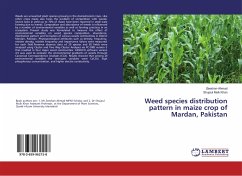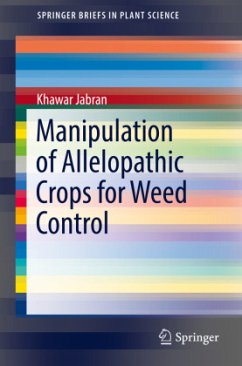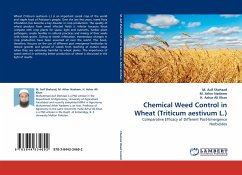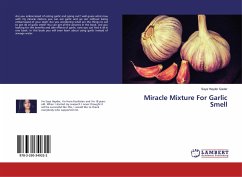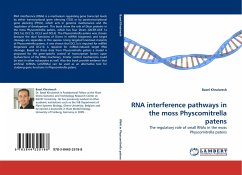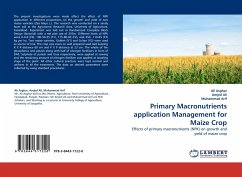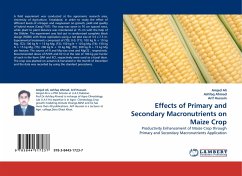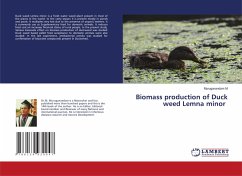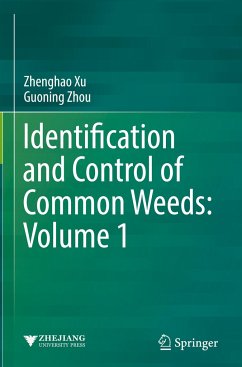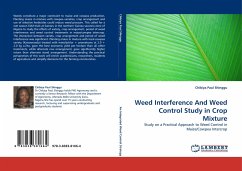
Weed Interference And Weed Control Study in Crop Mixture
Study on a Practical Approach to Weed Control in Maize/Cowpea Intercrop
Versandkostenfrei!
Versandfertig in 6-10 Tagen
52,99 €
inkl. MwSt.

PAYBACK Punkte
26 °P sammeln!
Weeds constitute a major constraint to maize and cowpea production, Planting maize in mixture with cowpea varieties, crop arrangement and use of selective herbicides could reduce weed pressure. This called for a wet season field trials at Samaru in the northern Guinea savanna zone of Nigeria to study the effects of variety, crop arrangement, period of weed interference and weed control treatments in maize/cowpea intercrop. The interaction between variety, crop arrangement and period of weed interference was significant. Planting maize in mixture with local cowpea variety (Kanannando) treated w...
Weeds constitute a major constraint to maize and cowpea production, Planting maize in mixture with cowpea varieties, crop arrangement and use of selective herbicides could reduce weed pressure. This called for a wet season field trials at Samaru in the northern Guinea savanna zone of Nigeria to study the effects of variety, crop arrangement, period of weed interference and weed control treatments in maize/cowpea intercrop. The interaction between variety, crop arrangement and period of weed interference was significant. Planting maize in mixture with local cowpea variety (Kanannando) treated with metolachlor + prometryne at 2.0 + 2.0 kg a.i/ha, gave the best economic yield per hectare than all other treatments, while alternate row arrangement, gave significantly higher return than alternate stand arrangement. Understanding the practical perspectives of this work will enrich academicians, researchers, students of agriculture and simplify decisions for the farming communities.



